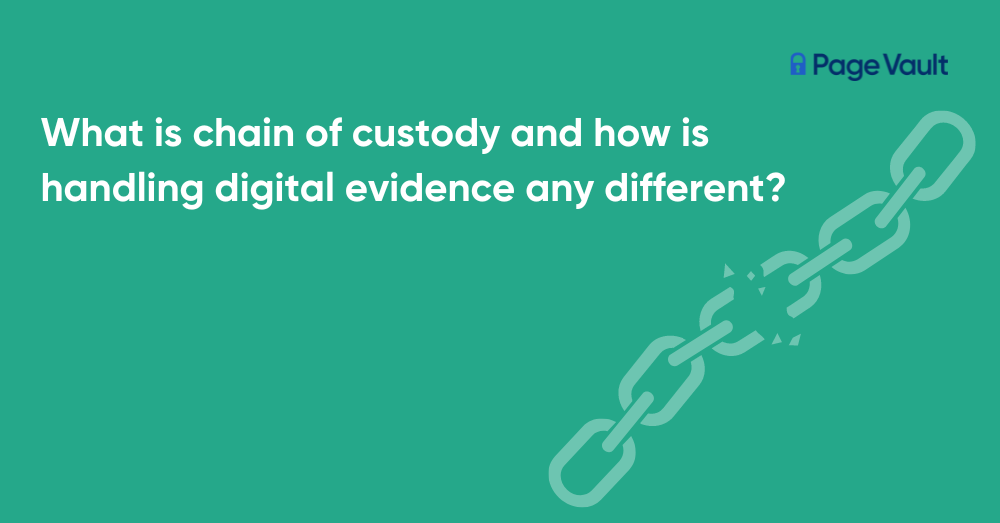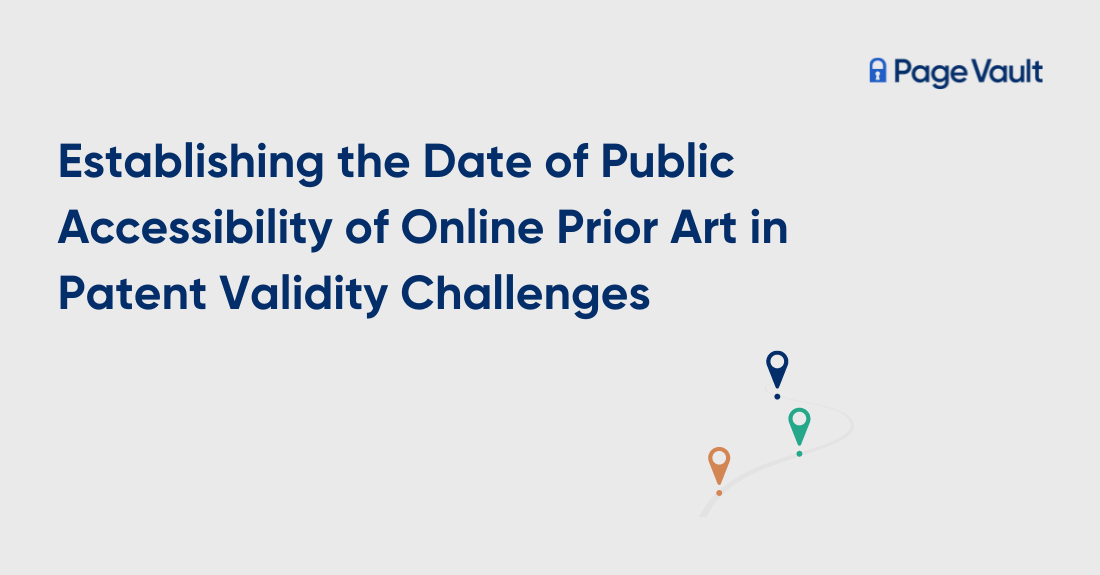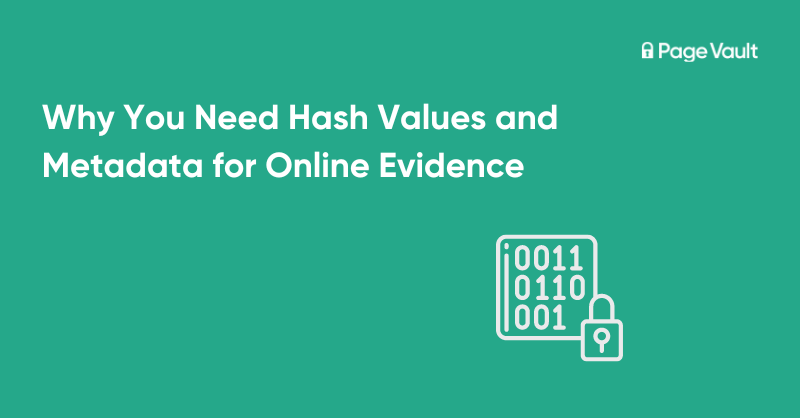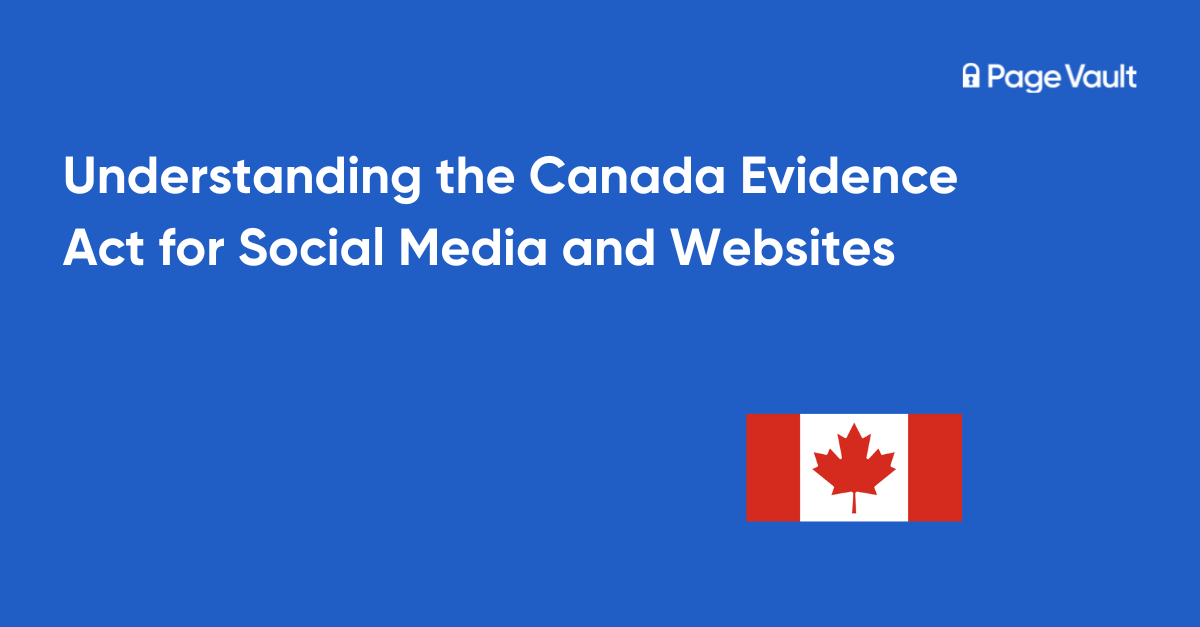TikTok, Copyright Challenges, and New AI-Labeling
Last Updated May 2024
TikTok has emerged as a powerhouse for content creation and distribution, offering a platform where videos go viral overnight. However, the rapid dissemination of multimedia content on TikTok presents significant challenges for intellectual property (IP) rights holders. Additionally, the rise of AI-generated content online has created significant legal challenges.
See more

.png)




.png)